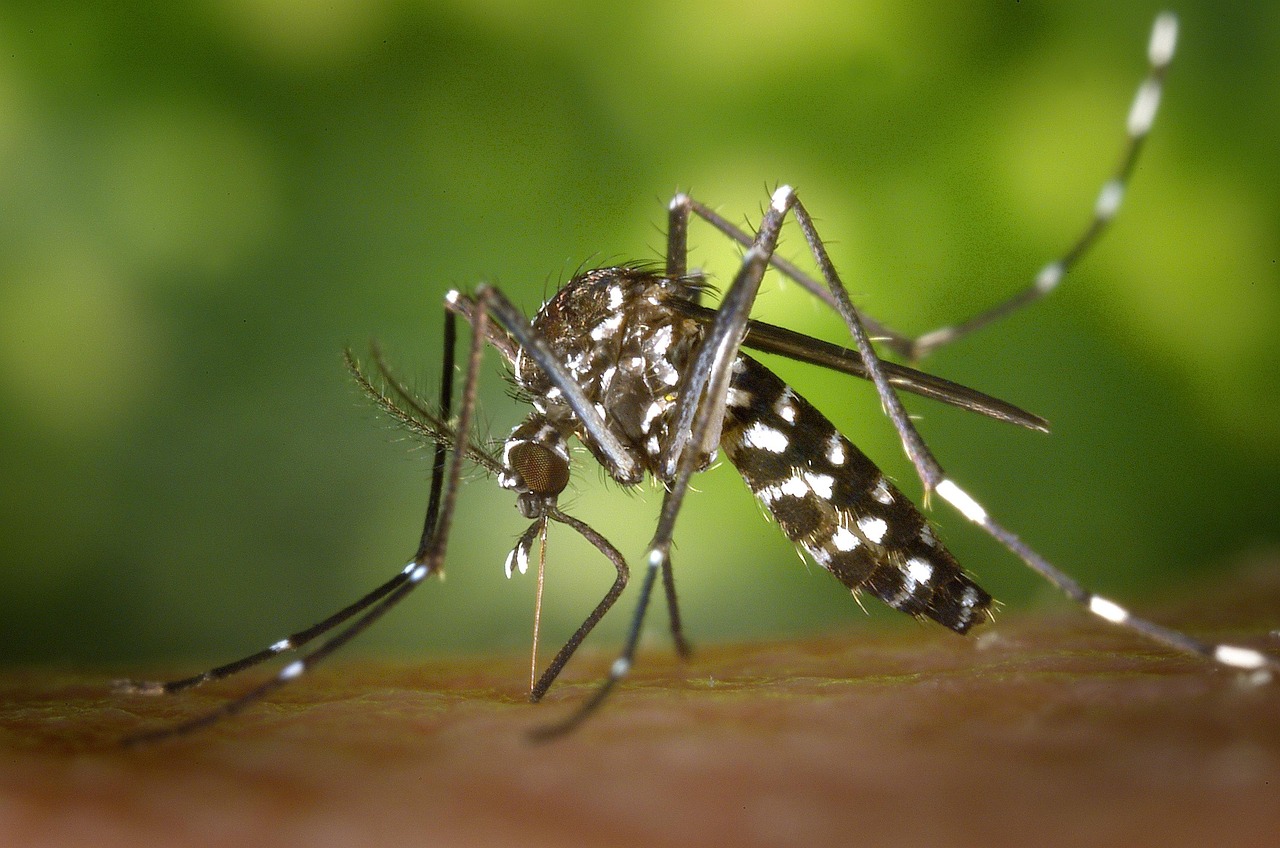For centuries, Iceland’s icy winters have acted as a natural barrier against mosquitoes — but that may no longer be the case. Scientists have confirmed the country’s first discovery of mosquitoes in the wild, marking a surprising ecological milestone for the island nation.
The finding was made in Kiðafell, Kjós, about 20 miles north of Reykjavík, when Björn Hjaltason spotted what he called a “strange fly” on October 16. Sensing it was unusual, he quickly collected the insect and contacted Matthías Alfreðsson, an entomologist at the Natural Science Institute of Iceland. Together, they confirmed three mosquitoes — two females and one male — belonging to the species Culiseta annulata.
Mosquitoes Find a Way North
While mosquitoes are common nearly everywhere on Earth except Antarctica, Iceland had been an exception due to its frigid climate. A mosquito had once been found at Keflavík International Airport, but that specimen had arrived on an airplane — not from Iceland’s natural environment.
The Culiseta annulata species is widespread across the Eastern Hemisphere, from North Africa to Siberia, and is known for surviving in colder regions. “Adults can endure long, harsh winters by sheltering in protected spaces,” Alfreðsson explained. This ability could help the insects survive Iceland’s extreme cold — something previously thought impossible.
How they arrived remains uncertain. Experts suggest the mosquitoes might have traveled via ships, shipping containers, or cargo. Ongoing observation next spring will determine whether they can endure Iceland’s winter and establish a lasting population.
Climate Change and Expanding Habitats
Although scientists are cautious about linking this event directly to climate change, there’s no denying its influence on mosquito migration globally. As the planet warms, mosquitoes — notorious carriers of diseases like malaria and dengue — are expanding their range into regions once too cold for survival.
Iceland has already experienced record-breaking temperatures, with parts of the country hitting 18°F above normal last May. Such extremes, according to experts, are made far more likely by climate change. Warmer conditions not only help mosquitoes live longer but also accelerate their breeding cycles, increasing their numbers.
Still, experts like Dr. Colin J. Carlson, an epidemiologist at Yale University, urge caution. “Climate change may have made this more likely, but I’m not convinced it’s a clear, direct impact,” he said. “We simply don’t yet understand the full extent of how mosquitoes are shifting their habitats.”
What Comes Next for Iceland?
Whether or not climate change played a direct role, Iceland’s first wild mosquitoes raise important questions about how ecosystems are adapting to a warming world. If these insects manage to survive through the winter, it could signal that Iceland — once thought immune to them — may now be within reach of species once confined to warmer climates.
For now, scientists plan to monitor the situation closely in the coming months. One thing is certain: Iceland’s once mosquito-free status may soon be a thing of the past.




